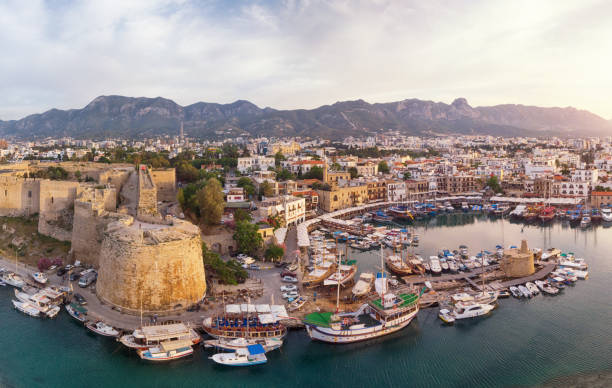Aside from dropping momentum throughout the Russian and Ukrainian marketplaces due to the Ukrainian and Russian restrictions crisis, Cyprus’ Senior Tourist Minister expressed optimism that next year’s international tourist arrivals will make up momentum with 2021. Savvas Perdios thinks that by promoting Cyprus in those other economies, it will be able to cover some of the void left by the loss of the world’s second-largest tourism industry.
“Because our offerings and services are much more lasting, people’s perceptions of Cyprus are changing, and we’re attracting visitors at higher levels of wealth.” “We will do everything we could under situations and make everything as nice as feasible,” Savvas Perdios said during an official statement to the legislative Trade Commission, which had been looking into the effects of something like the Ukrainian situation on the tourist business.
He added that both the government and travel companies are planning for one of the saddest types of situations: an estimated withdrawal of 800,000 visitors from the states of Ukraine and Russia.
According to Savvas, the vacuum associated with the lack of Russian tourists, which accounts for 20% to 25% of the expected incoming tourism in the year, would be hard to replace because Russian travelers mostly go via travel agencies. “At this time, neither any marketplace can attract such figures via structured packaging,” he said.
He emphasized, nevertheless, that while the Russian industry, which is Cyprus’ second most popular, could not have been completely displaced, there have been substantial opportunities from nations such as Germany, Israel, Poland, Austria, Switzerland, Italy, France, Sweden, and Hungary, thanks to the Tourist industry Ministry’s, Ministry of Transport’s, and Hermes Airports’ activities. He pointed out that each of these nations would’ve had 20 – 30 planes per week, comparable to Russia’s 100 aircraft in a week.
“In general, flights have been at roughly 70% occupancy the year before.” This year, if we could somehow transform 70 percent into 85-98.5 percent through our efforts alone, without increasing route options, we’ll be having a conversation about in a supplementary 200,000 to 2.5 million seats, especially in comparison to what we anticipated,” he told reporters, contributing that perhaps Great Britain and Israel are adaptable and, unlike 2021, will indeed be free markets from the starting of this summer.
“We’re removing 2019 at minimum again this year.” Savvas Perdios said, “We should concentrate on trying to catch up this year with the previous year’s figures.”

